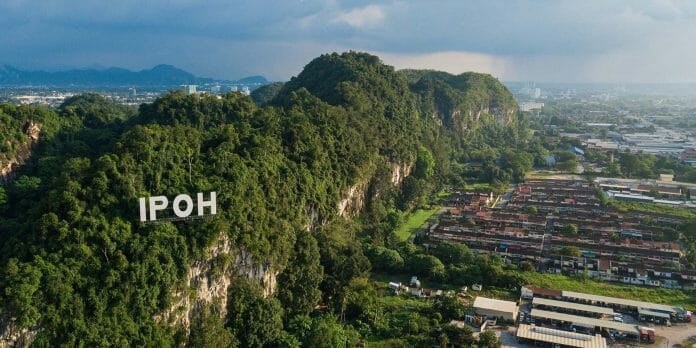As the travel rebound continues to unfold, the benefits of tourism are spreading across the Asia Pacific. Airbnb’s latest report, ‘Further Afield: Spreading the Benefits of the Travel Revolution’, reveals that the resurgence in domestic and inbound tourism is empowering locals to earn a living and make ends meet.
With people continuing to embrace flexible new approaches to travel and living, communities that have traditionally missed out in the past are increasingly well-positioned to secure a bigger slice of the tourism pie. New Airbnb data reveals that the last quarter saw Ipoh, Kuah, Semenyih, and Port Dickson emerge as trending Airbnb search destinations for long-term stays (stays longer than 28 days) outside major metropolitan hubs in Malaysia.
Across the Asia Pacific, Airbnb nights booked in non-urban areas have also increased. Specifically in Malaysia, searches on Airbnb for Marang, Terengganu almost doubled in Q2 2022, up from Q2 2019 pre-pandemic.
Across the region, this has presented fresh opportunities for locals looking to supplement their income as they grapple with rising costs of living. Notably, typical earnings for non-urban Hosts in Malaysia have grown by approximately a third. In a recent Airbnb-commissioned ClearPath Strategies survey of Malaysians, over two thirds of respondents agreed that
hosting creates an economic boost in neighborhoods, with 62 percent believing that it not only drives benefits for hosts but also businesses in the community.
“More than two years since the start of the pandemic, we continue to see fundamental shifts in travel that are creating new opportunities for communities that lay off-the-beaten track. It’s incredibly exciting to see travelers so enthusiastic about exploring new destinations, as well as the positive economic impact cascading to locals,” Mich Goh, Airbnb’s Head of Public Policy for Southeast Asia, India, Hong Kong and Taiwan said.
“This ongoing dispersal of travel is empowering locals to diversify their income through hosting and build financial resilience in the face of rising costs of living. We’re committed to continuing to work together with governments and other stakeholders to keep inspiring travelers to step off the beaten path and help ensure more communities can share in
the benefits of tourism,” Goh added.
In addition to encouraging travelers to explore further afield through innovative search tools such as Categories and I’m Flexible, Airbnb remains committed to partnering with governments and communities in Southeast Asia.
The company recently signed a Memorandum of Understanding with the Malaysian Green Technology and Climate Change Corporation (MGTC) to jointly drive the country’s green growth agenda through a series of initiatives, including education programs relating to sustainable hospitality practices and travel habits.










